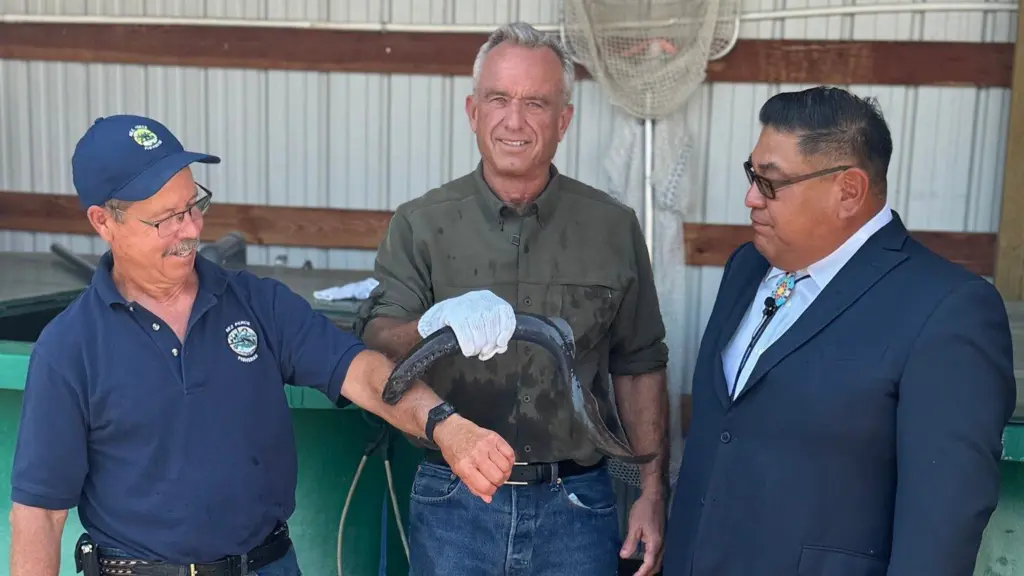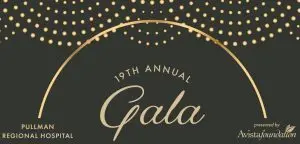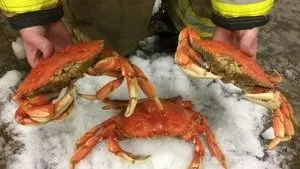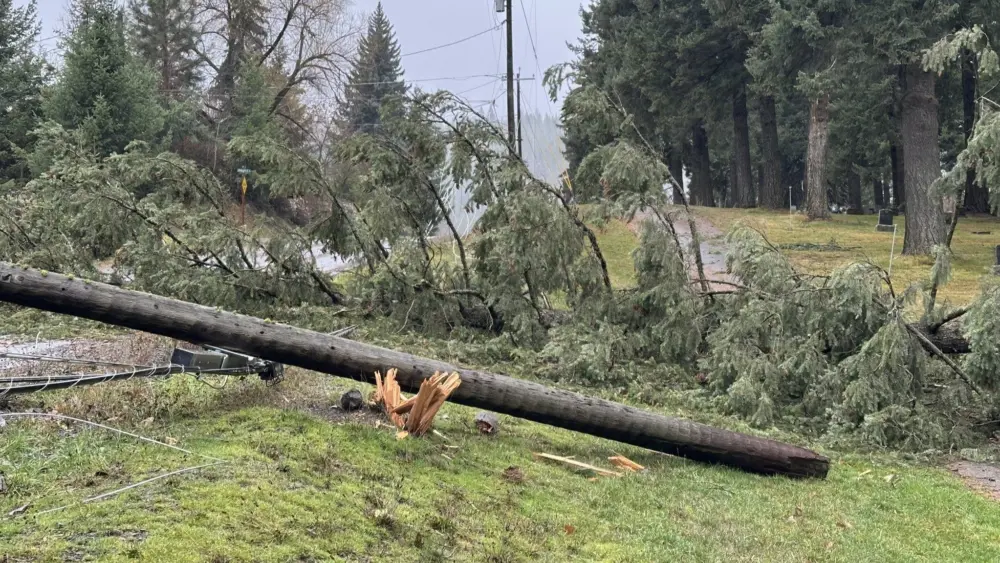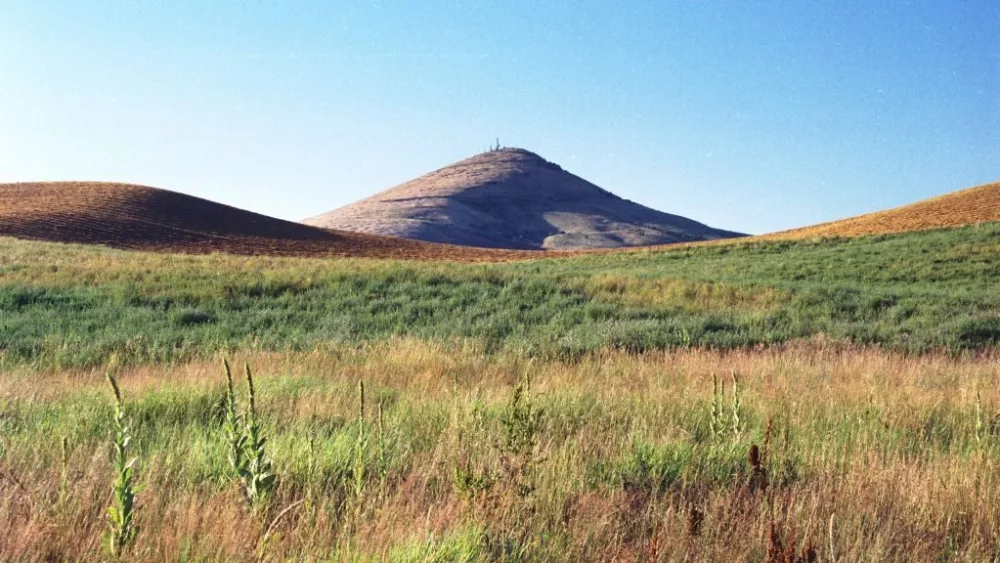LENORE, ID – U.S. Secretary of Health and Human Services Robert F. Kennedy Jr. visited the Nez Perce Tribal fish hatchery on July 24, 2025, to meet with Nez Perce leadership and fisheries staff and discuss the importance of traditional foods and cultural knowledge in promoting the health and well-being of tribal communities.
The visit included a tour of the hatchery facilities and discussions centered on food sovereignty and tribal restoration efforts.
Nez Perce Tribal Executive Committee (NPTEC) Chairman Shannon F. Wheeler welcomed Kennedy, alongside NPTEC Secretary Rachel P. Edwards, Treasurer Ryan Oatman, member Samuel Penney, Joseph Oatman, Director of the Department of Fisheries Resource Management, and Becky Johnson, Production Division Director. Staff from both the U.S. Department of Health and Human Services and the Nez Perce Tribe were also present.
The visit began with the Nimiipuu Flag Song and Honor Song, performed by Nez Perce drum group Waaph Qah Qun. Chairman Wheeler delivered welcoming remarks highlighting the importance of the government-to-government relationship between the Tribe and the United States, while Mr. Oatman spoke about the hatchery’s origins and its role in supporting the Tribe’s connection to hipt (first foods), nacox (salmon), and heesu (eel/lamprey).
Secretary Kennedy toured the hatchery’s incubation area, rearing and trough rooms, water system, rearing ponds, and the new kelt facility. He viewed juvenile and adult spring Chinook salmon, adult steelhead kelts, and adult lamprey, and participated in hands-on activities such as feeding fish and holding lamprey.
Chairman Wheeler said the visit provided Kennedy with a firsthand look at the Tribe’s work. “Secretary Kennedy was able to witness our efforts and better understand the tribal perspective on our first foods, and food sovereignty and the state of peril salmon are in now,” Wheeler said.
“This visit was a powerful reminder of the work our people carry out every day—much of it unseen but deeply rooted in our obligation to future generations. Our nacox and heesu are not simply resources. They are our relatives and our life sources,” Wheeler said. “As Nimiipuu, we understand that we are part of a sacred circle. It is our duty to ensure that this balance endures, so that the heartbeat of our people continues for those yet to come.”

